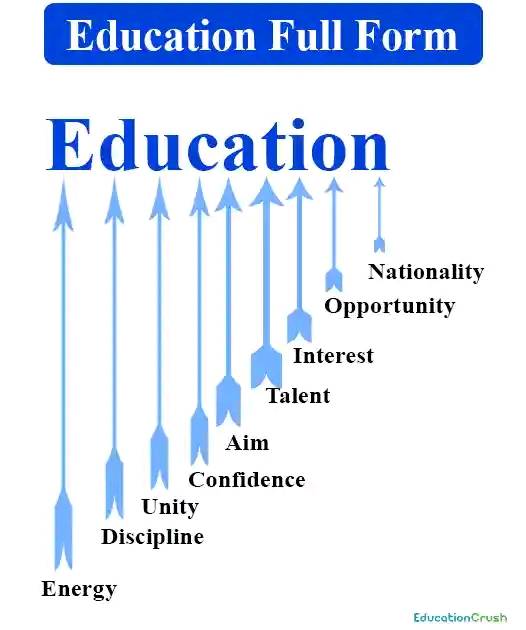“Wait, Did I Just Steal That?†– 4 SHS Students Gear Up to Tackle the Copyright Crisis
A few years ago, I downloaded a song from a random site—one of those sketchy ones with a million popups—and didn’t think much of it. I was broke, the song wasn’t on YouTube yet, and honestly, I just really needed it for my playlist. But something about it stuck with me. That nagging feeling. Like… did I just steal from someone?
Fast forward to now, and I hear that four senior high school students are gearing up to debate solutions to copyright infringement. Not just what it is—but how to actually fix it. And suddenly, that small, guilty moment from my past feels a lot more relevant.
These aren't your regular school debates where someone argues why school uniforms should be banned (though let’s be honest, that’s still a solid topic). These teens are diving into a global issue that affects music, movies, books, even memes. Yes, memes too. Ever seen a funny TikTok and reposted it without credit? That’s technically copyright infringement. Wild, right?
From what I’ve gathered, these four students—bright minds from different SHS schools—are expected to challenge the way we think about digital ownership. They're not just repeating laws from a textbook. They're bringing fresh ideas, maybe even tech-driven ones. Think blockchain copyright tracking (still fuzzy on how that works, tbh), educational campaigns on TikTok, or maybe pushing for more free-use content models. I don't know exactly what they'll say—but I’m rooting for something practical and not just “let’s pass more laws,†because, let's face it, laws alone aren’t stopping anyone from downloading cracked software at 2am.
And here's the thing: copyright isn't just a legal headache. It's personal. A friend of mine spent weeks making this digital art piece. She posted it on Instagram. A week later, it popped up on a page with 200k followers. No credit. No tag. Nothing. She was crushed. That post got way more attention than hers, and she couldn’t do a thing about it.
I’ve noticed something: we often think of creators as distant, famous people—big-time musicians, movie producers, published authors. But creators are also that kid making beats in their bedroom. That friend selling their own poems on WhatsApp. That girl editing YouTube videos for free just to get a foot in the door. When their work gets ripped off, it hurts.
So seeing young people—actual SHS students—tackle this issue is refreshing. Maybe because they’re the most affected by it. They’re constantly online, they create daily, and they know the value of a good idea. And maybe, just maybe, that makes them the perfect ones to find solutions.
Honestly, I wasn't sure if this kind of debate would even work. I mean, what can a few students really change about such a massive problem? But the more I think about it, the more I feel hopeful. Change starts in conversations. And this debate? It’s one of those.
So now I’m wondering—if we all started treating creative content the same way we treat our own ideas, how different would the internet be? Would it be more respectful? More collaborative? Or would we just find sneakier ways to cheat the system?
Something to think about next time you “borrow†that image for your next post.



No comments yet
Be the first to share your thoughts!